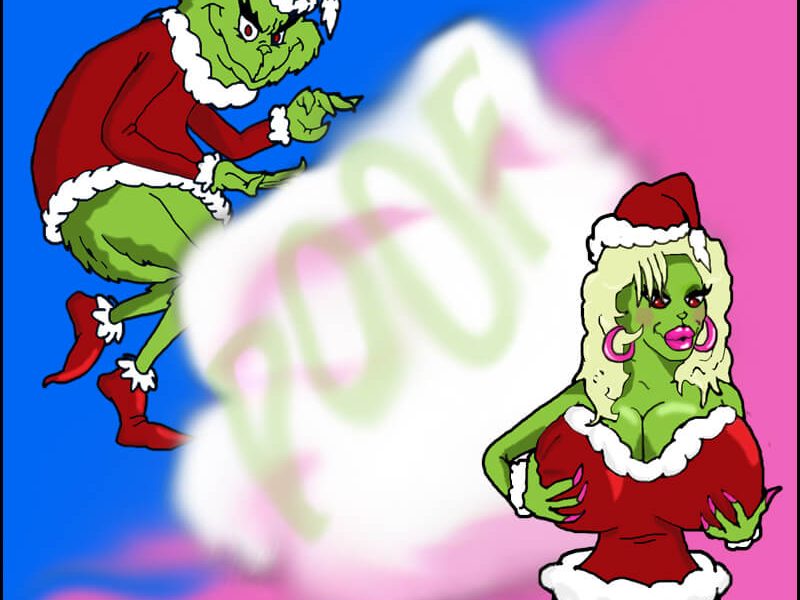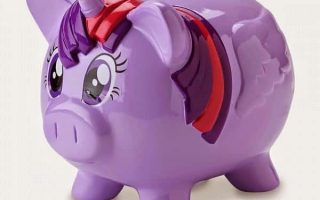Narcissistic people are worse around the holidays in general. If you are being told that you are over-sensitive, imagining things, or do not have a sense of humor when and if you have taken their bait and reacted to their attention-seeking tactics, understand you have just been used as what is known as a “Narcissistic Supply Source”.
Narcissistic people — regardless of whether or not they have full-blown personality disorders — have a few things in common. The first is a pervasive sense of entitlement (which will be discussed in a moment). The second is they see all social interactions from an egocentric viewpoint, meaning they are pervasively self-promoting their own interests while striving to win imaginary — yes, imaginary — competitions.
People with full-blown NPD (Narcissistic Personality Disorder) are fiercely competitive to the point they will do or say whatever it takes to defeat a perceived target or rival. Sociopaths are less impassioned, tending to destroy other people to alleviate boredom (rather than with vanity and irrationality at the core of their toxic manipulations).
Psychopaths, on the other hand, are more inclined to allow their deviant emotional nature to get the best of them; antagonizing with sadistic tendencies, they tend to be the personality type to tell people the most egregious lies on the fly — without remorse, planning, or careful calculations.
If you were raised in a family that was primarily narcissistic — with each family member having a slightly different personality type — the holiday, birthday, or special event dinner invitation list might include any or all of the following archetypal characters:
- The People Pleaser — arranges holidays, does the lion’s share of the work, begs people to be nice, asks for things like “no fighting” or “be nice to your sister”
- The Complainer — nothing will ever be good enough, nearly every compliment includes a “but” clause, the constant goal post line shifter in the social game, unable to be pleased, least likely to have anything positive or helpful to ever say
- The Antagonizer — the person who makes baiting comments designed to covertly insult, upset, or offend a target purposefully for the sole reason of amusing themselves by feigning innocence after causing people to unravel
- The Attention-Hog — grandstanding, loud, boorish, mouthy, demanding, offensive in general, makes brash statements to shock and insult any person within earshot while demanding everyone bow down to their needs and listen to abusive commentary by force (rather than due to interest)
- The MIA dinner guest — the person who fails to show, arrives late, or simply holds out for another offer (choosing to attend a special event only if and when they have nothing they consider as “better to do” — rather than showing the host inviting them common courtesy or any level of true respect)
- The Stonewaller — look for the stone face, the person who refuses to talk or actively engage, someone sitting with a grim look ignoring everyone in the room or simply stands up and walks out in the middle of a conversation without giving anyone in the room the courtesy of excusing themselves from the celebration
- The Great Debater — this person strives to inject socially inappropriate or off-color topics in an attempt to unnerve people for their own pleasure; listen for comments about race, religion, and politics stated in front of other family members or guests known to disagree then understand the person inciting debate is getting intellectually off by making themselves feel powerful for having manipulated other people into starting an argument
- The Saboteur — need something and counting on the saboteur to do or procure it? INSERT ‘bwhahaha’ here… as the person most likely to let friends and family down is also the person who exhibits the most passive-aggression
- The Drunken Sailor — yo ho ho and a bottle of rum, if you’ve invited a drunk to your family dinner party chances are the resulting seasonal fireworks to watch are not likely to be much fun
- The Pervert — yeah… we said it… and those who have one in the family or who lurks around the narcissistic peer group circles know exactly who the pedophiles and leering predators actually are; cheaters having affairs with partners friends and family members (hiding in plain sight) meet this pattern criteria as well
Once you start to understand that seasonal reminders out and about in public tend to start hyping stress in toxic characters, it’s fairly simple to figure out why most family holiday gatherings that include people with Cluster B personality disorders, addictions issues (like drug addiction, sex addictions, or alcoholism), and/or narcissistic perspectives don’t go well. After all, if you were a person who truly had a limited capacity for empathy, would you want to be reminded how different you are from a functional perspective, being constantly reminded that you and average human beings might look the same but are at your core nothing alike?
Thinking about the challenges people with NPD, BPD, HPD, or ASPD face (in the Grinch sense) is key to Narcissistic Abuse Recovery for this reason, noting holidays designed to teach and promote empathy — to an unempathetic person by nature — are isolating. The toxic shame a Cluster B person feels related to the issues is then repressed and converted into rage, spite, malice, and passive-aggression.
At best they show up and stonewall. Anyone from a dysfunctional family can fill in the blanks in any comment section they see posted below a social media link share of this article to share their own story of a holiday, special event, or birthday sabotage that was the worst.





